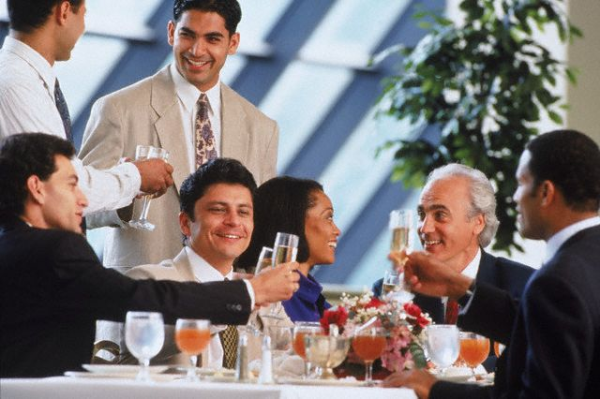Tax Court Denies Stockbroker’s Questionable Meal and Cell Phone Expenses
Your clients might need to be reminded about the stringent rules about travel and expense deductions. Check in with small business clients to ensure that they are sticking to the letter of the law.
May. 05, 2017

The IRS imposes stringent record keeping requirements on taxpayers who deduct expenses relating to travel and entertainment (T&E), including meals, and electronic devices like cellphones. As a new Tax Court case shows, if you don’t have the requisite proof, your deductions may be denied completely (Windham, TC Memo 2017-68).
Generally, the IRS requires taxpayers to record the following elements of every T&E and meal expense.
- The amount of expense;
- The time and place of the expense;
- The business purpose of the expense; and
- The business relationship to the taxpayer of the individuals being entertained.
In addition, the taxpayer must also keep evidence, such as a receipt, for any T&E and meal expense that is $75 or greater.
For cellphones, you can only deduct costs are related to your business, so you must establish the percentage of business use. Documentation may include a log or other ledger indicating when calls were made for business and personal reasons and the purpose for such business calls. Under the Cohan rule (named for a case involving the famed Broadway showman George M. Cohan, the IRS may allow you to deduct a portion of your expenses without documentation if you can provide credible evidence of expenses.
Note that taxpayers have more leeway for employer-provided cellphones treated as fringe benefit. If an employer provides an employee with a cell phone primarily for noncompensatory business reasons, the business and personal use of the cell phone is generally nontaxable to the employee. The IRS doesn’t require record keeping of business use to receive this tax-free treatment.
A similar approach applies to arrangements common to small businesses that provide cash allowances and reimbursements for work-related use of personally-owned cell phones.
Unfortunately for the taxpayer in the new case, she didn’t have the proof needed to support her claims.
Facts of the case: The taxpayer is a stockbroker residing in Florida and has extensive real estate holdings. In 2010, she frequently met with her brokerage clients during business lunches and dinners, costing her almost $10,000.
Most of the 100 receipts entered into evidence included the name or names of the individual or individuals entertained, but not the business purpose for any of the meals. Some were duplicates and others were illegible. The taxpayer also testified that the expenses included meals associated with her rental real estate activities and various charities for which she volunteered.
The taxpayer also deducted cellphone expenses of almost $600 for 2010. However, she offered no testimony or other evidence delineating how many cell phone minutes were used for business calls, charity calls or personal calls.
Not surprisingly, the Tax Court denied the deductions for the business meals, due to the shoddy record keeping. Because the taxpayer offered no testimony about as to how many cellphone minutes were used in each of her activities, there was no way to apply the Cohan rule either to those expenses. Thus, she lost out on both counts.
Your clients might need to be reminded about the stringent rules in this area. Check in with small business clients to ensure that they are sticking to the letter of the law.
